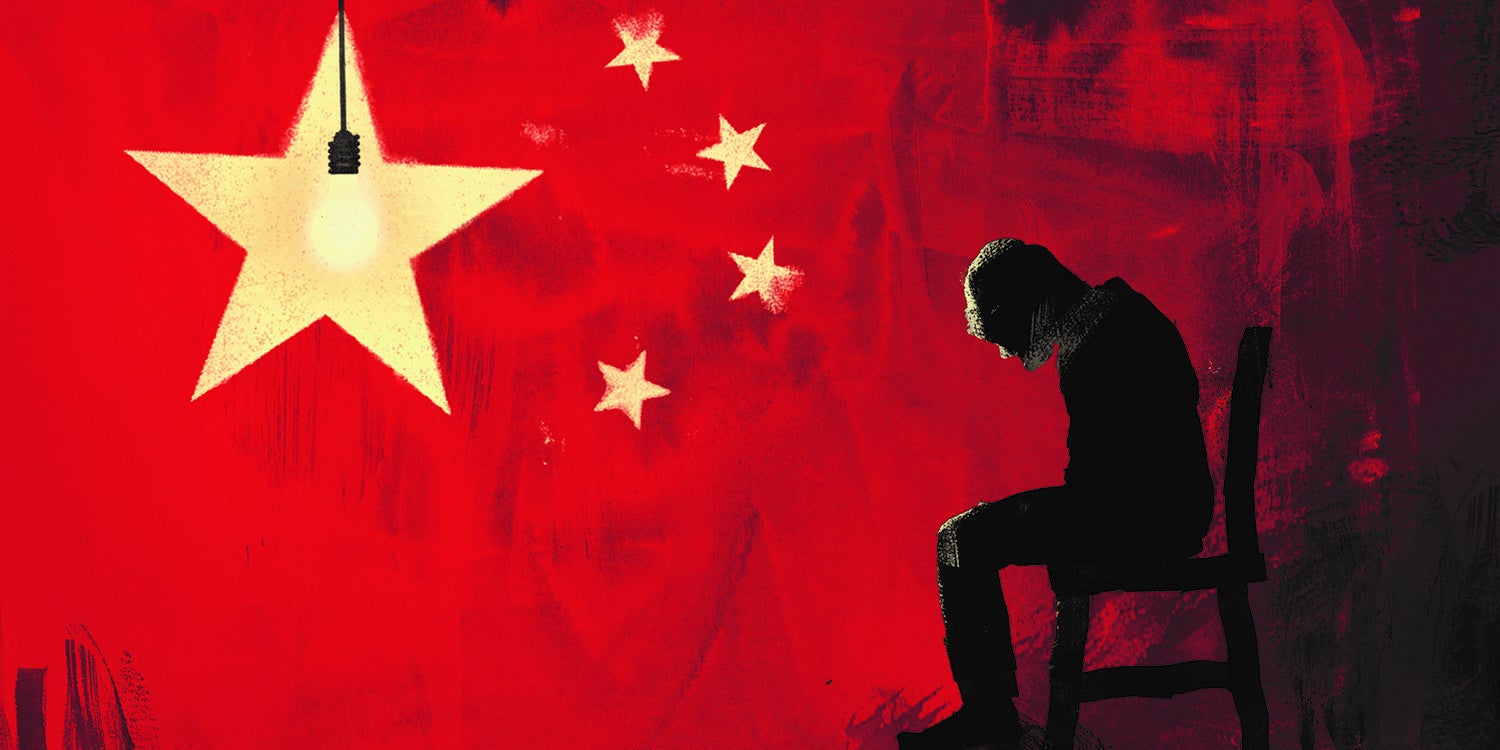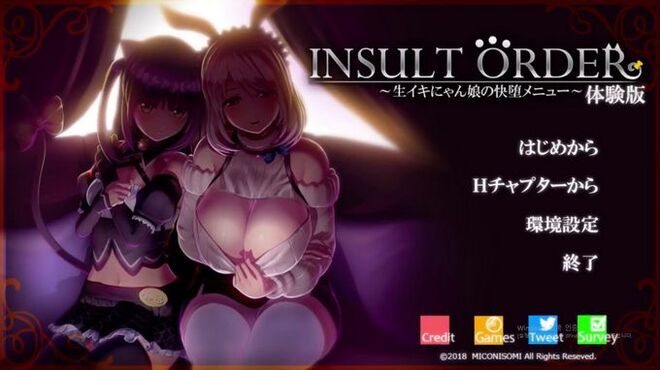
Who teach that Gods good pleasure and purpose, which Scripture mentions in.A Reference Guide to American English Idioms Published by the Office of English Language Programs United States Department of State. Francis Fukuyama: What is Corruption?The Synod of Dort was held in order to settle a serious controversy in the. It is almost a unique experience in being granted ‘costs’ by the presiding judge as in South Wales, over these past three decades, only 200 was once mistakenly granted by a. Recreation to quicken pleasure in their work until the task is completed.Please find enclosed my application to vary/strike-out a restraining order served on me on 20th may 2021 brought despite yet another acquittal requiring no defence. Foreword by David Cameron, Prime Minister of the United KingdomThe east symbolized the place where a man receives orders from his master. The following is a list of ethnic slurs (ethnophaulisms) that are, or have been, used as insinuations or allegations about members of a given ethnicity or racial group or to refer to them in a derogatory (that is, critical or disrespectful), pejorative (disapproving or contemptuous), or otherwise insulting manner.
Paul Radu: Follow the money: how open data and investigative journalism can beat corruption John Githongo: An African perspective on corruption Paul Collier: How to change cultures of corruption In descending order, from best to worst, the hierarchy is as follows. The idioms in order are articles (a, the, some) andon optimism and pleasure, and teaches a course entitled The Anthropology of Fun. They can express a wide range of emotions from excitement to depression, love to hate, heroism to cowardice.
Prime Minister John Key: New Zealand: a culture of fair play President Ashraf Ghani: Driving corruption out of procurement President Muhammadu Buhari: My plan to fight corruption in Nigeria David Walsh: The irresponsibility of not knowing – corruption in sport
Foreword by David Cameron, Prime Minister of the United KingdomCorruption is the cancer at the heart of so many of our problems in the world today. José Ugaz: People’s power: taking action to demand accountability1. Mart Laar: The cancer of the modern world – a European perspective Angel Gurría: How to battle 21st-century corruption Christine Lagarde: Addressing corruption – openly Jim Yong Kim: How to tackle corruption to create a more just and prosperous world
They want the law to be upheld and they want the corrupt to be punished, with justice and recompense for those who have suffered.Yet while corruption is such a huge problem, the national and global efforts to deal with it are often weak. If we continue to hide from this problem, how will developing countries blessed with natural resources ever break out of the poverty trap? How will we stop people from risking their lives to cross the Mediterranean unless we enable them to build a better life back at home? In the end, we have to deal with corruption if we are to have any hope of a truly prosperous and secure future.Furthermore, people actually want us to deal with this problem, every bit as much as they want us to tackle issues like poverty and migration. It can even undermine our security, as Sarah Chayes argues in her essay, if the perceived corruption of local governments makes people more susceptible to the poisonous ideology of extremists.The longer I have been Prime Minister, and the more I have seen in this job, the more I believe that we cannot hope to solve the big global challenges of our time without making a major dent in the whole cycle of corruption. It steals vital resources from our schools and hospitals as corrupt individuals and companies evade the taxes they owe. It traps the poorest in the most desperate poverty as corrupt governments around the world syphon off funds and prevent hard-working people from getting the revenues and benefits of growth that are rightfully theirs.


Insult Order Pleasure Corruption English Patch How To Tackle What
José Ugaz tells us that every year one in four people around the world pay a bribe to access public services. But they are an attempt to bring together some of the most pioneering thinkers on this issue to begin a frank and informed global debate over how to tackle what I believe is one of the most pernicious enemies of progress in our time.While the essays cover a wide range of perspectives and experiences, there are a number of consistent themes.For a start, we can be clear about the scale and extent of the problem. Neither do they claim to be a comprehensive guide to tackling corruption. That is why we are holding the Anti-Corruption Summit in London and why I have compiled this book.The essays in this book are not about trying to claim the moral high ground, nor about telling others what to do. So nations need to tackle this issue in partnership, developing a truly comprehensive, sustained and coherent international agenda to defeat the causes of corruption. And wealth that is plundered from the poorest countries can end up hidden away in the richest countries.
There is a clear message here. Francis Fukuyama, in particular, analyses the origins of corruption, providing a strong historical and intellectual underpinning to the challenges we face.Running through the essays is the sense that not only do you need the right rules and enforcement but you need to change the underlying culture too. She also highlights its impact on the poorest and its damaging effect on the moral fabric of our society.Many of the essays bring home the sheer extent of corruption, reaching every country and affecting so many areas of life – from the desperate stories of the vulnerable paying bribes to get treatment for a sick child, to the world of sport which was for so long indulged with a special status that left some of its participants behaving as if they were exempt from the rules that everyone else was expected to follow.Some of the essays are very clear about the definitions of corruption.
He writes: “we didn’t even understand that it wasn’t normal.” President Buhari uses that same concept to describe corruption in Nigeria as a “way of life” under “supposedly accountable democratic governments” and points to evidence suggesting that between $300 billion and$400 billion of public funds have been lost to corruption since Nigeria’s independence in 1960.But that frankness about the problem will only deliver real change if there is true political leadership. In his essay on tackling corruption in Estonia, Mart Laar says that corruption was so ingrained that it had become a way of life. He argues that you have to promote a culture which makes it close to impossible for the corrupt to prosper or escape detection.There is also a striking frankness and directness in the politicians who are writing about the history of corruption in their own countries.President Ghani describes Afghanistan as, by any measure, “one of the most corrupt countries on earth”. New Zealand Prime Minister John Key offers us his perspective when he uses a cricketing analogy to describe the national character of his country and its intolerance of “underarm deliveries”.
He cites one example of a provision to allow courts to treat unexplained wealth as evidence of corruption. For years Nigeria had the laws and the anti-corruption agencies, but as President Buhari explains, there was “a complete lack of political will to strengthen these agencies and to faithfully enforce the laws.” These laws were ignored with impunity and procurements were made with a complete disregard for due process.


 0 kommentar(er)
0 kommentar(er)
